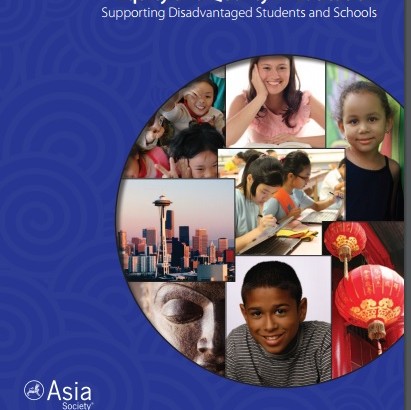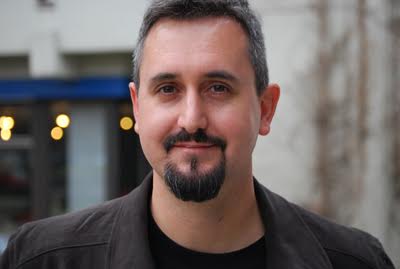Una de las estrategias educativas más eficaces para los gobiernos es invertir temprano y todo el camino hasta la superior. Los gobiernos pueden prevenir el fracaso escolar y reducir la deserción utilizando dos enfoques paralelos: la eliminación de las políticas y prácticas que impiden la equidad de la educación; y la orientación escuelas desfavorecidas de bajo rendimiento. Sin embargo, las políticas de educación deben estar alineados con otras políticas del gobierno, tales como la vivienda o el bienestar, para asegurar el éxito del estudiante.
ELIMINAR LAS POLÍTICAS Y PRÁCTICAS QUE CONTRIBUYEN AL FRACASO
La forma en los sistemas educativos están diseñados pueden exacerbar las desigualdades iniciales y tienen un impacto negativo en la motivación y el compromiso de los estudiantes, llevando eventualmente a la deserción escolar. Hacer que los sistemas de educación beneficios más equitativos los estudiantes en desventaja, sin obstaculizar el progreso de otros estudiantes. Cinco recomendaciones pueden contribuir a prevenir el fracaso y promover la finalización de la enseñanza secundaria superior:
- Eliminar la repetición de grado.
- Evitar el seguimiento temprano y aplazar la selección de los estudiantes de secundaria superior.
- Manejo de la elección de escuela para evitar la segregación y el aumento de las desigualdades.
- Hacer estrategias de financiación responda a los estudiantes y las escuelas necesidades.
- Diseñar e itinerarios de educación secundaria superior equivalentes para asegurar la terminación.
AYUDAN A ESTUDIANTES CON DESVENTAJAS Y LAS ESCUELAS A MEJORAR
Escuelas con mayores proporciones de estudiantes desfavorecidos están en mayor riesgo de bajo rendimiento, que afecta a los sistemas educativos en su conjunto. escuelas en desventaja bajo rendimiento a menudo carecen de la capacidad interna o apoyo para mejorar, como líderes y maestros de escuela y los entornos de las escuelas, aulas, y los barrios con frecuencia no pueden ofrecer una experiencia de aprendizaje de alta calidad para los más desfavorecidos.Cinco recomendaciones de política han demostrado ser eficaces en el apoyo a la mejora de las escuelas desfavorecidas de bajo rendimiento:
- Fortalecer y apoyar el liderazgo escolar.
- Estimular un clima escolar de apoyo y el medio ambiente para el aprendizaje.
- Atraer, apoyar y retener a maestros de alta calidad.
- Garantizar que las estrategias de aprendizaje efectivas en el aula.
- Dar prioridad a la vinculación de las escuelas con los padres y las comunidades.
Para conocer la totalidad del informe, hacer clic aqui
Fuente del resumen: http://asiasociety.org/global-cities-education-network/equity-and-quality-education














 Users Today : 91
Users Today : 91 Total Users : 35460108
Total Users : 35460108 Views Today : 112
Views Today : 112 Total views : 3418743
Total views : 3418743